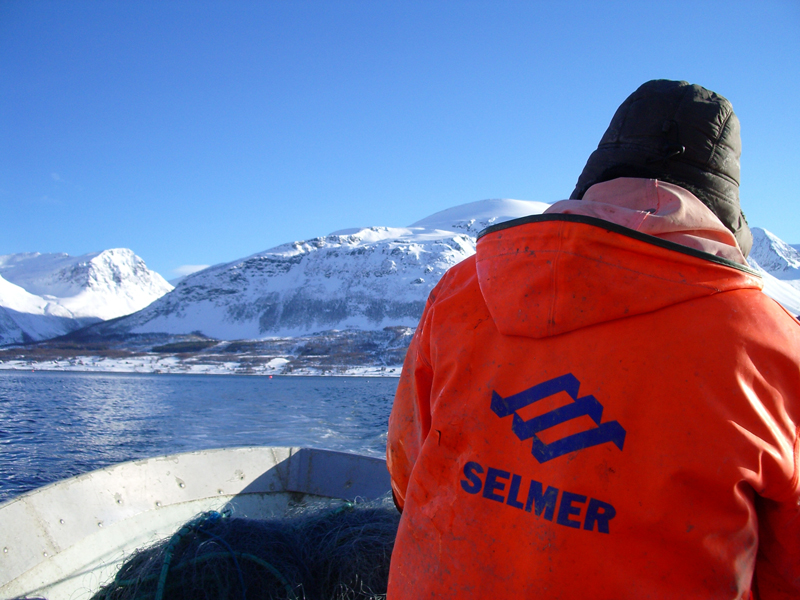IndGov: Indigenous-industry governance interactions in the Arctic. Environmental impacts and knowledge basis for management.
Participants: Camilla Brattland and Else Grete Broderstad (project leaders), Dorothee Schreiber, Catherine Howlett, Vera Hausner, Einar Eythórsson, Horatio Sam-Aggrey, master student(s).

Photo: Camilla Brattland
This project was funded by the Fram Centre (MIKON flagship, 2017-2019) and aimed at gaining a) comparative knowledge of successful industry-indigenous governance mechanisms for application in northern communities, and b) identify criteria for successful integration of traditional knowledge in ecosystem-based management and environmental impact assessments.
Reports:
The IndGov project reports and summaries from the workshop series are available from spring 2020
- Aquaculture in indigenous areas (Tysfjord workshop report)
- Mining in indigneous areas (Kiruna workshop report)
- Green energy and wind power in indigenous areas (Tromsø workshop summary)
Contact Camilla Brattland or Else Grete Broderstad for more information.
The international emphasis on local knowledge systems in environmental governance (i.e. the IPBES) challenge existing systems to develop new ways for solving environmental problems and to assess impacts. Common to several Arctic countries is a need for integrated assessments of environmental impacts that are inclusive of indigenous and local knowledge, and for governance mechanisms that effectively resolve conflicts between extractive industries and indigenous stakeholders. The IndGov project aimed to learn from successful indigenous-industry governance arrangements as well as successful ways of including traditional knowledge in the knowledge basis for management. Focusing on expanding industrial activities in relation to reindeer husbandry and small-scale fisheries, the project conducted a series of stakeholder workshops with the mining, green (electric power) and aquaculture industries and indigenous rights- and stakeholders. Indigenous actors, industry representatives as well as representatives from the environmental sector were invited to enter into a dialogue on particular environmental and governance issues in the intersection between industry and indigenous land use in the Arctic. The stakeholder workshops discussed presentations of challenges and solutions to relevant cases in Sweden, Canada (British Columbia) and New Zealand, thus facilitating dialogue on problems and innovative solutions for sustainable indigenous-industry relations. The first workshop was conducted in Tysfjord, Nordland County in October 2017 and focussed on interactions with the aquaculture and mining industries. The second workshop was held in Kiruna, Sweden, in October 2018 where interactions between the mining industry (LKAB) and the nearby Sami villages around Kiruna were discussed. The final workshop was held at the Fram Centre in Tromsø in the fall of 2019, where the focus was on interactions between green industries, focusing on wind power development, and reindeer husbandry.
Reports from project years is available here and for 2019 here.